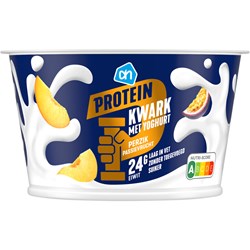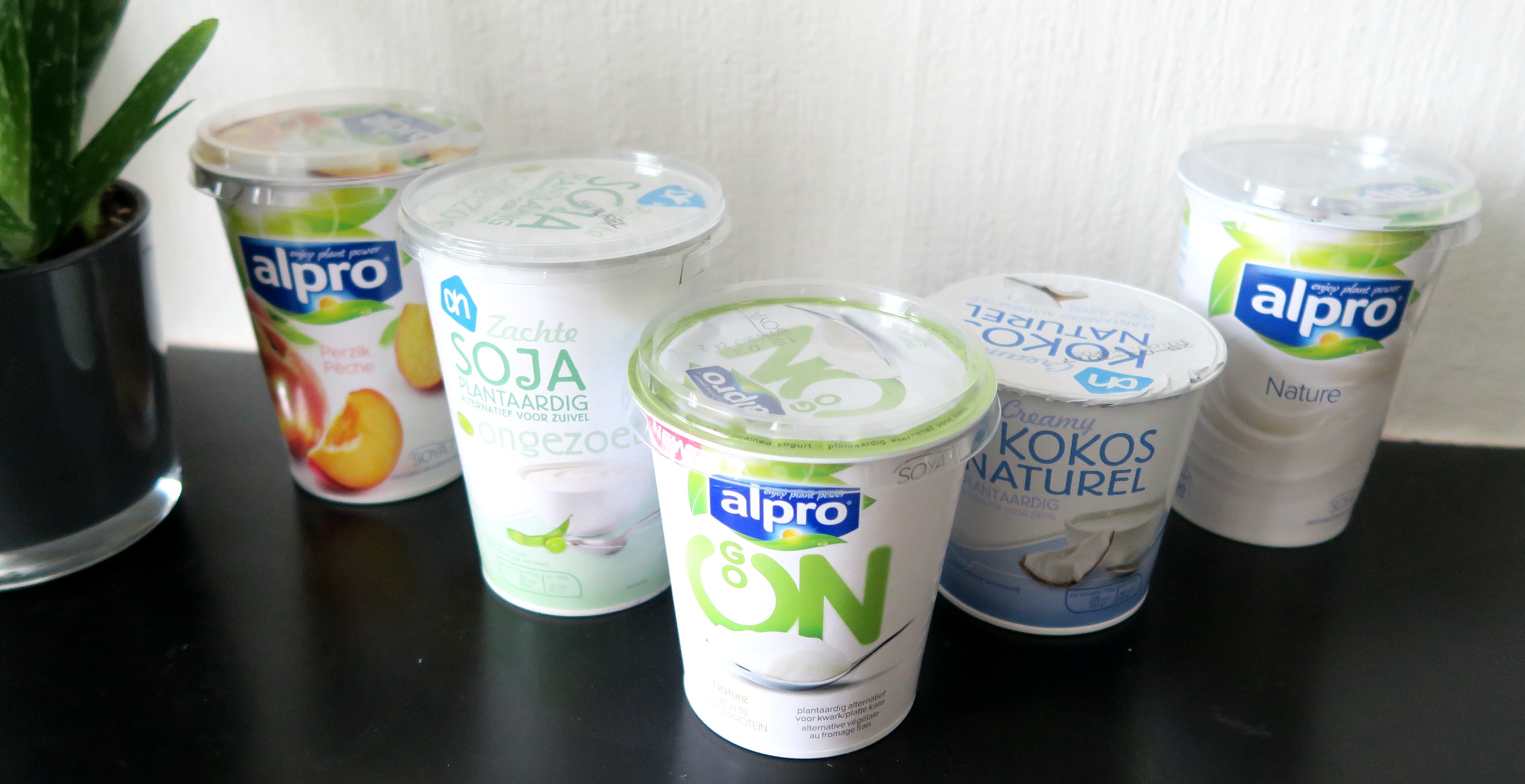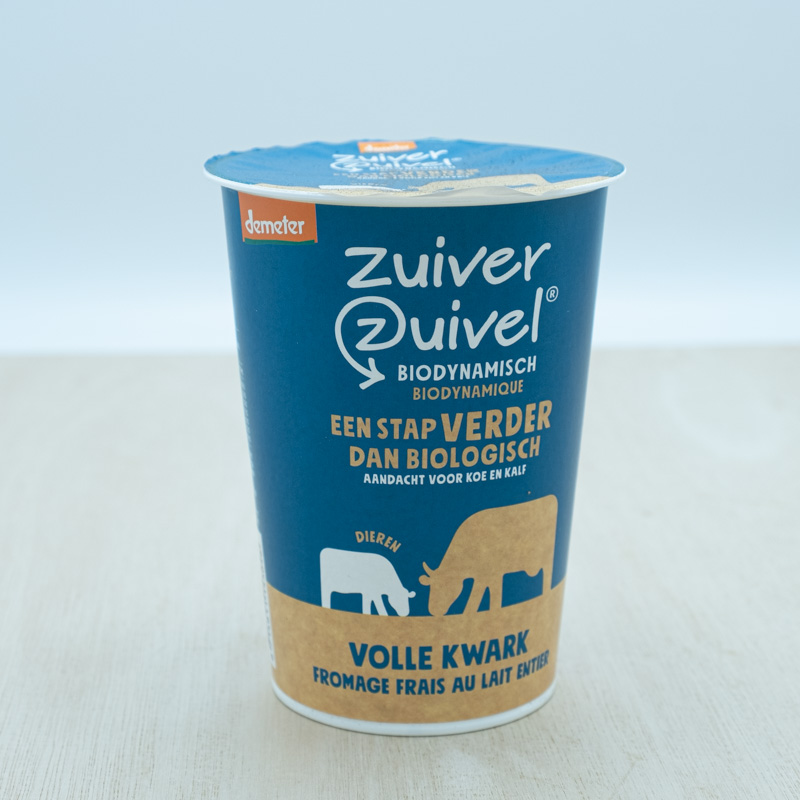


Food companies are increasingly targeting a wider range of consumer groups. Speaking at an event organised by Fenavian, Julian Mellentin of New Nutrition Business said this strategy offers significant opportunities to respond to the diverse health needs and interests of today’s consumers. “Consumers enjoy both animal and plant-based proteins”, he noted.
“One of the most significant megatrends is the growing variety of perspectives among consumers when it comes to food, diet and health”, says Julian Mellentin, founder of New Nutrition Business, a leading consultancy firm for the food and beverage industry. Just over half of consumers aged between 18 and 34 use social media as a source of information about diet and healthy eating. In the 35 to 44 age bracket, this drops to 40%. The influence of social media continues to decline with age: among 45 to 54-year-olds it’s 19%, 55 to 64-year-olds 20% and among consumers aged 65 and over, it’s barely 10%.
Declining trust
“Declining trust in experts – largely due to changing and often contradictory messages – has contributed to the fragmentation of beliefs”, says Mellentin. He quotes Janet C. King, PhD, emeritus professor of nutritional sciences at the University of Berkeley and chair of the dietary guidelines committee in 2005. “The failure to update scientific insights has led to nutritious foods such as eggs, meat and full-fat dairy products being wrongly vilified. These foods collectively play a crucial role in a healthy diet. And there is more. The official guidelines continue to take a hostile stance towards saturated fats, despite recent evidence challenging their link to heart diseases.”

Sustainability
According to a study conducted in 2024 by the European Institute of Innovation and Technology (EIT) among 19,642 consumers across 18 European countries, only around 50% of Europeans take the sustainability of their food into account. The EIT report also shows that the average consumer’s intention to eat sustainably has declined significantly between 2020 and 2024.

Key trends in dairy
Global demand for animal proteins, particularly dairy products, is considerable and continues to rise. “Consumers are drawn to these products because of their benefits.” According to Mellentin, the growing awareness of nutritional value and protein quality will continue to drive this growth. He outlines a timeline from 1999 to 2020: in 1999, athletes and bodybuilders primarily consumed dairy protein for its nutritional value and muscle recovery benefits. By 2010, scientific evidence confirmed that protein plays an essential role in effective weight management programmes. From that perspective, we saw a steady rise in successful brands between 2012 and 2020, leading to normalised protein claims on supermarket shelves. As a result, protein was no longer just a ‘hot topic’ in the world of sport, but also established itself in the indulgence product segment.

Kwark
The rising sales of quark are an excellent illustration of the appeal of dairy proteins. While it is true that social media has played a key role in the growing popularity of quark, this success was only possible because quark aligns with what consumers are looking for: a simple, natural, versatile, good-tasting food product that is also a good source of protein. As a result, US quark sales rose by 16% in value and 11% in volume in 2024, a remarkable achievement during a period when most supermarket categories recorded flat sales. In Sweden, quark sales grew by 30% over the past year and in the UK by 40%. Similar growth trends can be seen across various types of high-protein dairy products, from yoghurt to quark.

“It is always advisable to maintain a critical perspective on your own products and adjust them to contemporary needs where necessary”, emphasises Marijke Adriaens, CEO of frozen food company Fribona. “For consumers, taste is still the main consideration. It is essential to work towards a product that is, above all, tasty and visually appealing.”...

Scientists from KU Leuven have discovered how oil penetrates snacks during and after the frying process. Recent research findings point to advanced frying techniques that reduce oil absorption, as well as innovative methods to limit oil uptake during the cooling phase. This paves the way for the development of healthier snacks without compromising...

Backed by financial partners, Start it @KBC is launching the accelerator programme Scale it Agro, aimed at scale-ups offering sustainable and innovative agricultural solutions for agriculture and horticulture businesses. Kjell Clarysse, programme director at Scale it Agro, goes into more detail.

With the right processing, Chlorella vulgaris can serve as a promising and sustainable protein source capable of replacing both plant-based and animal-derived proteins. While challenges remain around taste and the efficiency of protein extraction, microalgal proteins could serve as a supplement to sustainable and innovative food products. These...